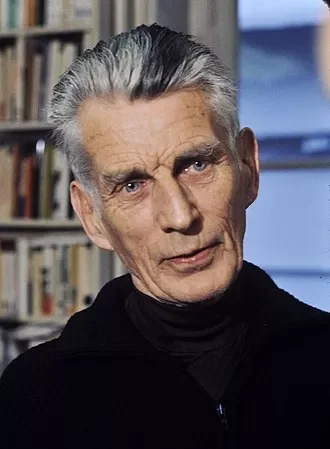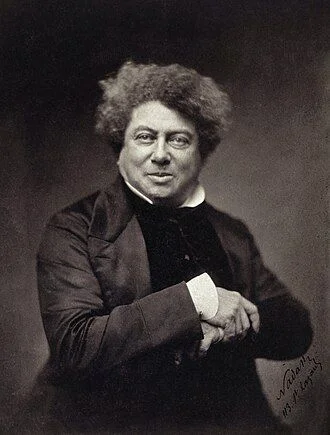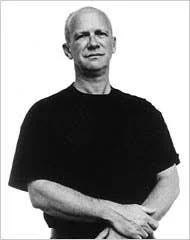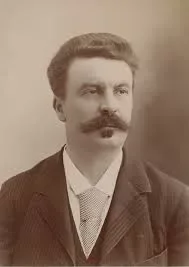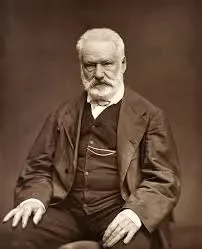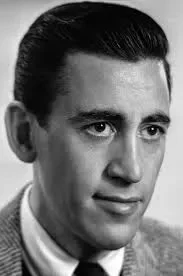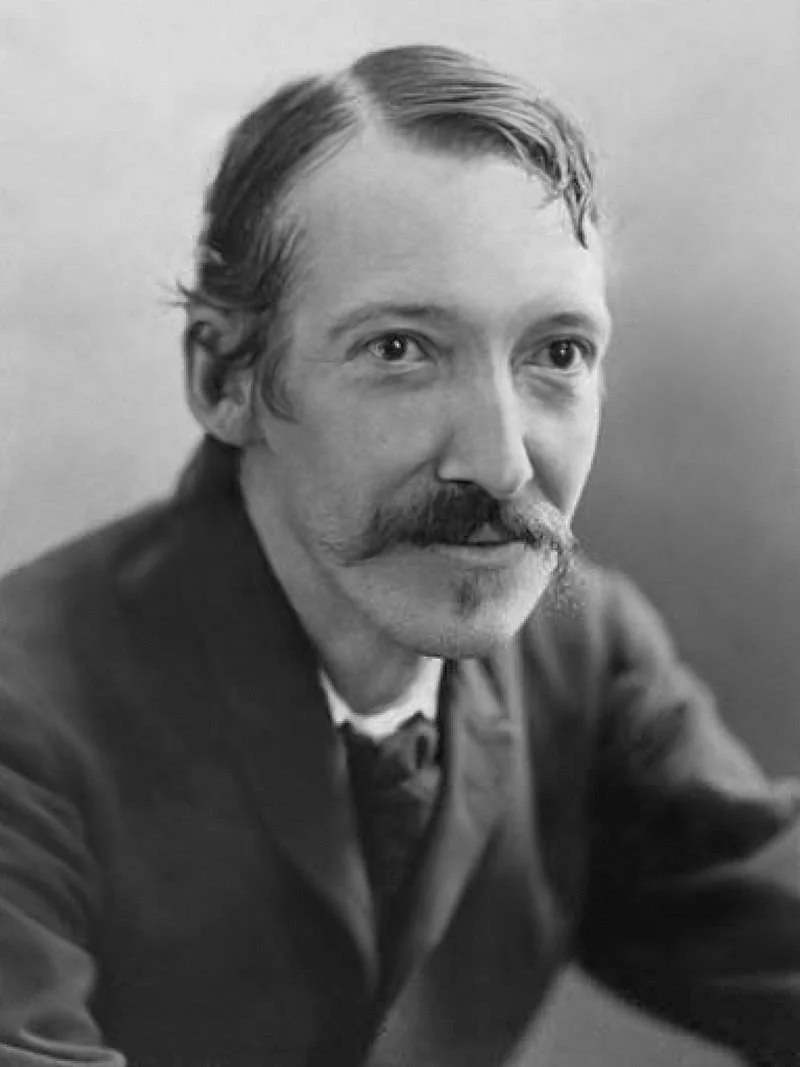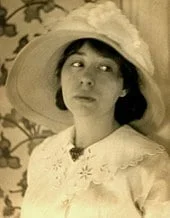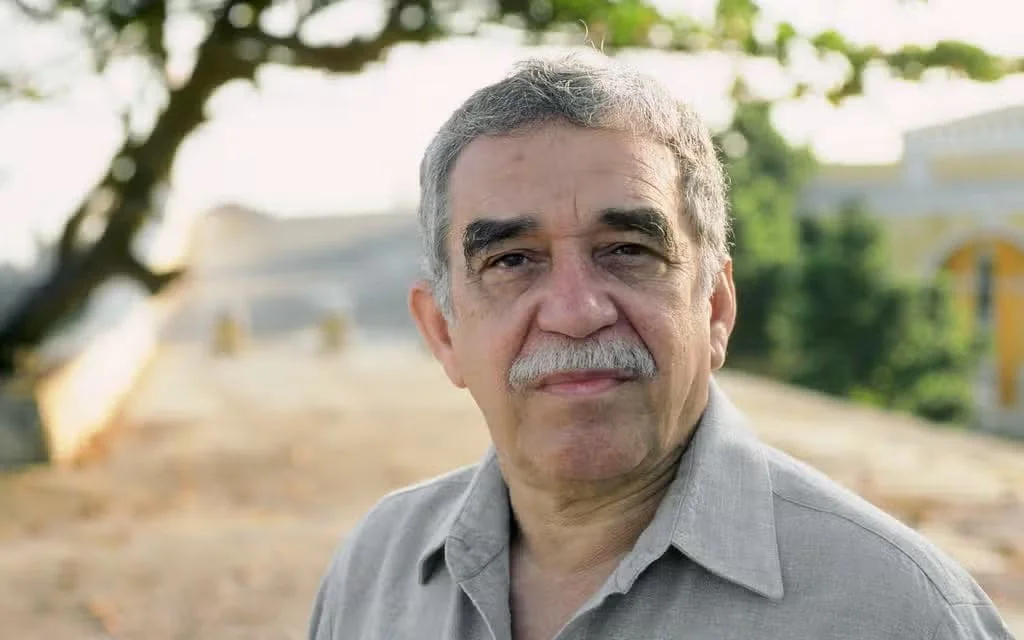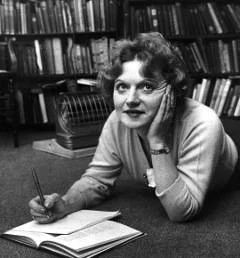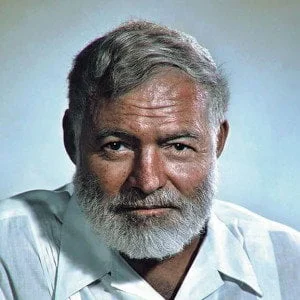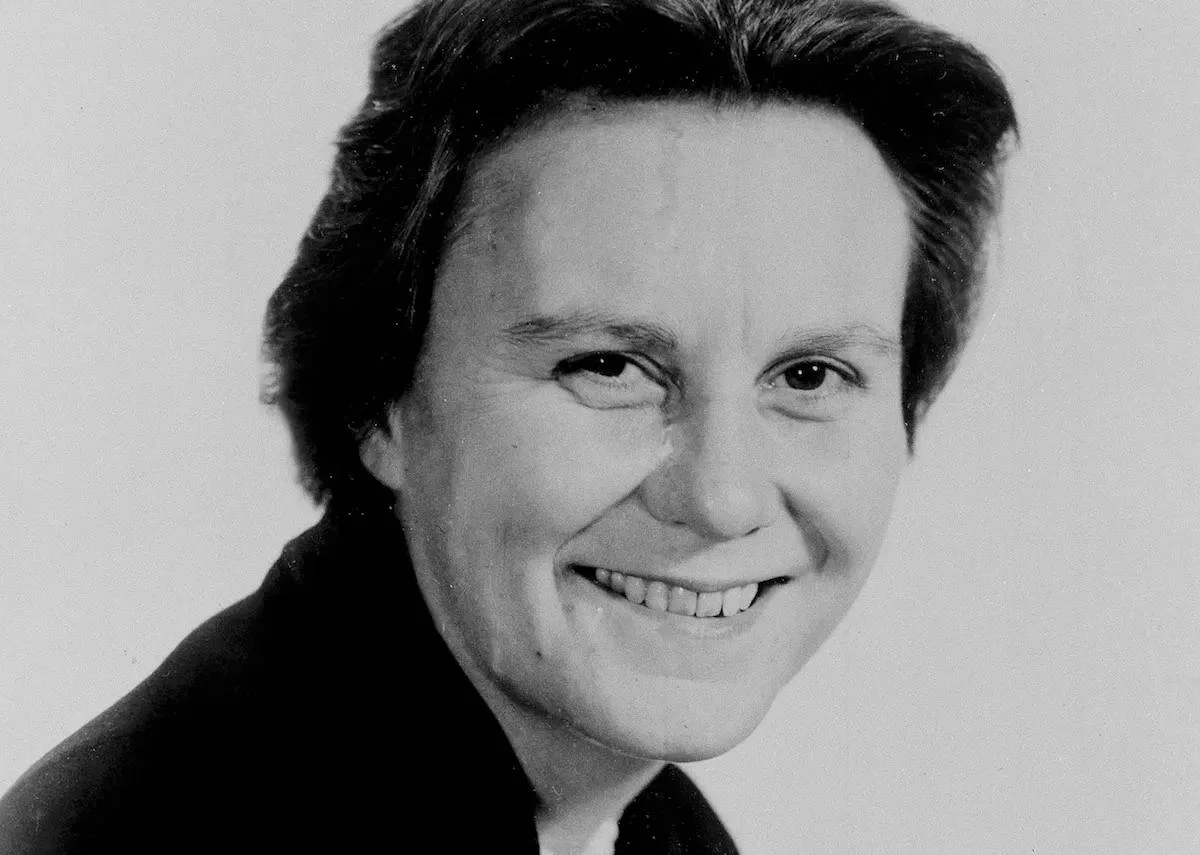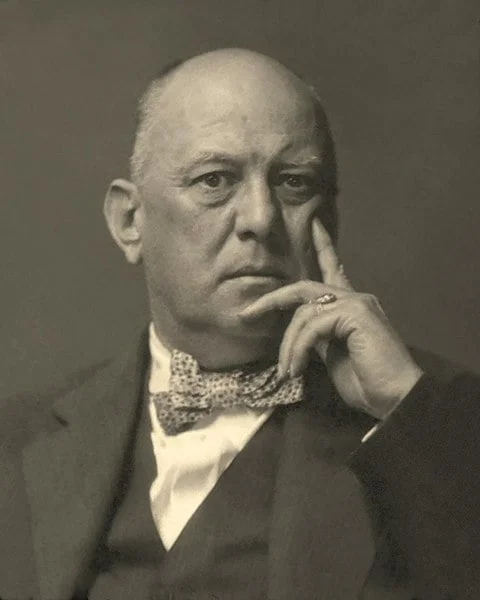Real Celebrities Never Die!
OR
Search For Past Celebrities Whose Birthday You Share
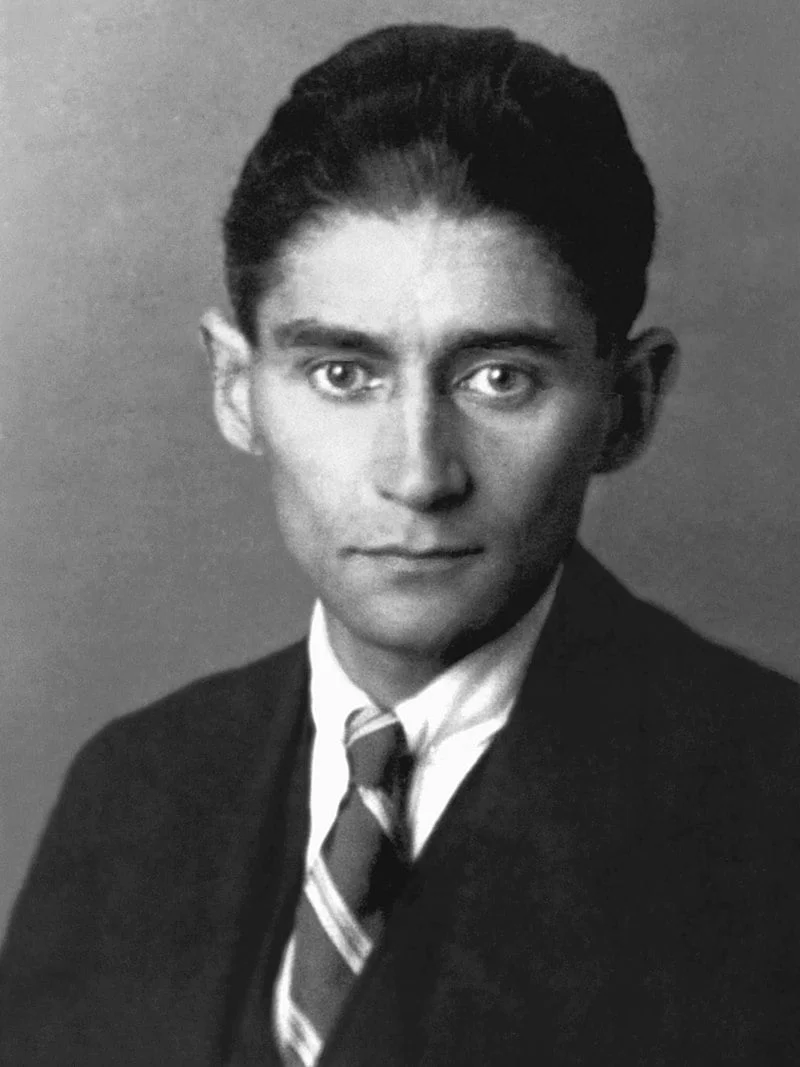
source:wikipedia.org
Franz Kafka
Birthday:
03 Jul, 1883
Date of Death:
03 Jun, 1924
Cause of death:
Starvation
Nationality:
AustrianCzechoslovakia
Famous As:
Insurance officer
Age at the time of death:
40
Franz Kafka's Quote's
Early Life and Family Background
Franz Kafka, one of the most influential writers of the 20th century, was born on July 3, 1883, in Prague, then part of the Austro-Hungarian Empire. He was the eldest of six children in a middle-class Jewish family. Kafka’s father, Hermann, was a domineering and authoritarian figure who left a lasting impression on Kafka’s psyche and later writing.
Education and Literary Influences
In 1901, Kafka enrolled at Charles-Ferdinand University of Prague to study law. While he fulfilled his academic duties, his true passion lay in literature. During this time, he read widely, immersing himself in the works of Fyodor Dostoevsky and Franz Grillparzer. Kafka began developing his distinct literary style, focusing on themes of alienation, absurdity, and existential guilt.
Career and Early Literary Work
After completing his law degree in 1906, Franz Kafka worked at an insurance company. He found the job monotonous and stifling, which contributed to his growing sense of existential angst. This experience provided much of the material for his later writings. Though Kafka published short stories in literary magazines, his work received little attention at the time.
Friendship with Max Brod and Breakthrough
In 1912, Kafka met Max Brod, a writer and critic who became his closest friend and confidant. Brod recognized Kafka’s immense talent and urged him to take his writing more seriously. In 1913, Kafka achieved his breakthrough with the publication of “The Judgment”, a dark, enigmatic story that cemented his reputation as a unique voice in literature.
The Metamorphosis and Kafka’s Unique Themes
In 1915, Franz Kafka published his most famous novella, ‘The Metamorphosis”. The story of Gregor Samsa, who transforms into a giant insect, explores themes of alienation, identity, and the absurdity of life. Gregor’s isolation and his family’s rejection resonated with readers and critics alike, establishing Kafka as a master of exploring human suffering in a surreal context.
Writing “The Trial” and Kafka’s Major Themes
In 1917, Kafka began writing “The Trial”, though he never completed it. The novel tells the story of Josef K., who is arrested and prosecuted by an impersonal legal system. Themes of guilt, powerlessness, and the arbitrary nature of authority dominate the novel. Kafka’s portrayal of individuals trapped in oppressive systems became one of his most enduring contributions to literature.
Later Works and Kafka’s Struggles
Kafka continued to write, producing works such as “The Castle”, “A Hunger Artist”, and “In the Penal Colony”. His writing often reflected his emotional turmoil, including his struggles with anxiety, depression, and a strained relationship with his family. Despite his prolific output, Kafka only published a few stories during his lifetime and never gained significant recognition as a writer.
Kafka’s Health Decline and Death
In 1924, at the age of 40, Franz Kafka was diagnosed with tuberculosis. His health declined rapidly, and he moved to a sanatorium near Vienna. Despite his illness, he continued to write until his death on June 3, 1924. At the time of his death, Kafka had left behind numerous manuscripts, including unfinished novels, which he entrusted to Max Brod.
Posthumous Recognition
Kafka instructed Max Brod to destroy his unpublished works after his death, but Brod ignored this request. Instead, Brod published Kafka’s works, including ‘The Trial” and “The Castle”, introducing Kafka’s writing to a wider audience. Over time, Kafka’s literary output gained increasing recognition, and he became one of the central figures of literary modernism and existentialism.
Kafka’s Legacy
Franz Kafka’s legacy continues to shape modern literature. His blend of realism and surrealism has influenced countless writers and thinkers. Kafka’s exploration of alienation, guilt, and the oppressive nature of bureaucracies remains relevant in today’s world. His works serve as a powerful testament to the enduring impact of literature in illuminating the human condition.
Name:
Franz Kafka
Popular Name:
Franz Kafka
Gender:
Male
Cause of Death:
Starvation
Spouse:
Place of Birth:
Prague, Kingdom of Bohemia, Austria-Hungary
Place of Death:
Kierling, part of Klosterneuburg, Lower Austria, Austria
Occupation / Profession:
Personality Type
Logician: Innovative inventors with an unquenchable thirst for knowledge. He was very innovative in his writings and he even created a new style for his writings.
Despite his literary legacy, Kafka published only a few works during his lifetime, with most of his major works, like "The Trial" and "The Castle," being published posthumously by his friend Max Brod
He had a strained relationship with his father, which significantly influenced his writing, as seen in works like "Letter to His Father"
He worked as an insurance clerk by day and wrote his surreal, visionary fiction by night, often staying up late to pursue his passion for writing.
The term "Kafkaesque" has entered the English language to describe situations reminiscent of his work, marked by absurdity and oppressive complexity
He is considered as one of the major figures of 20th-century literature.

